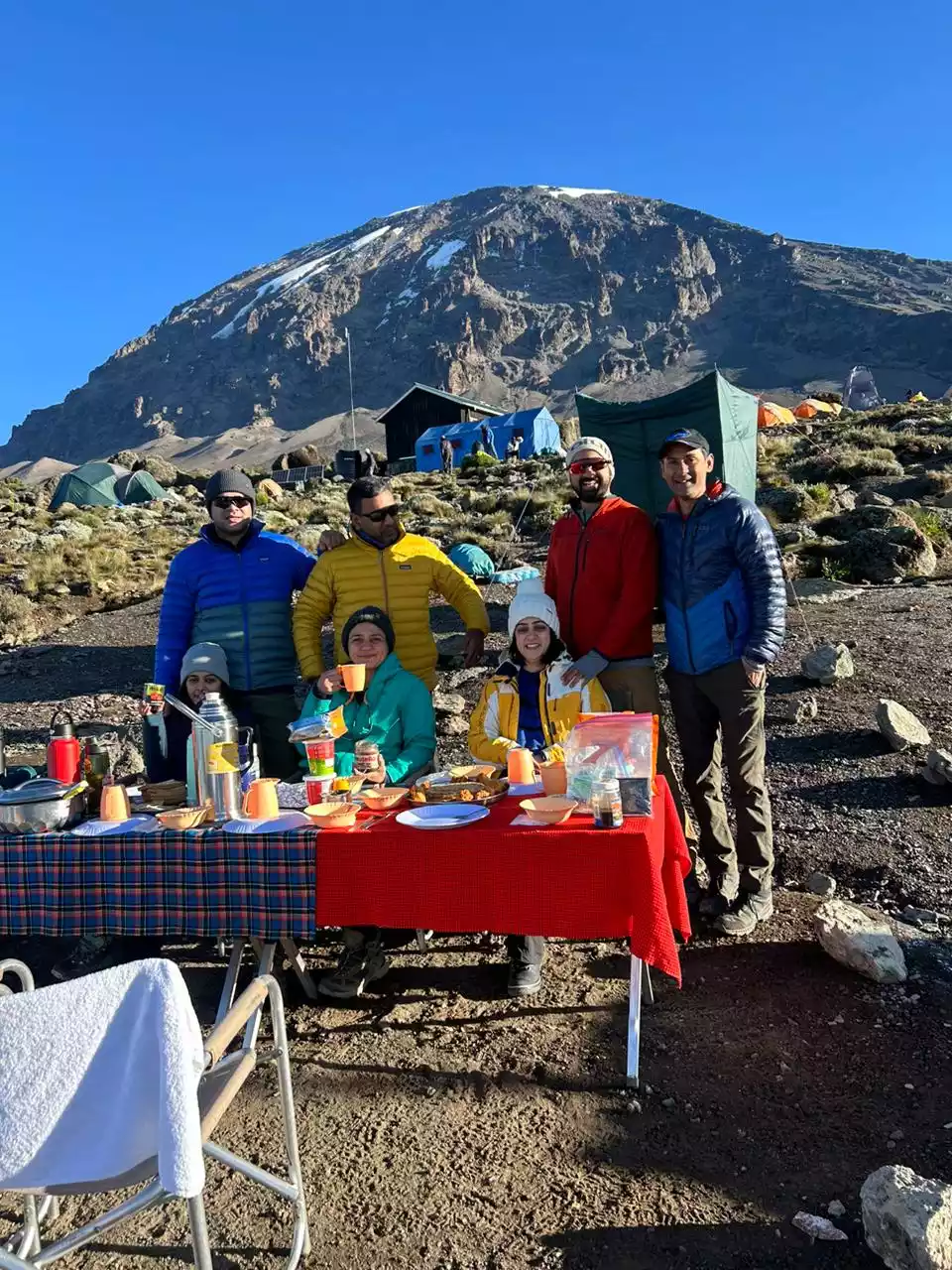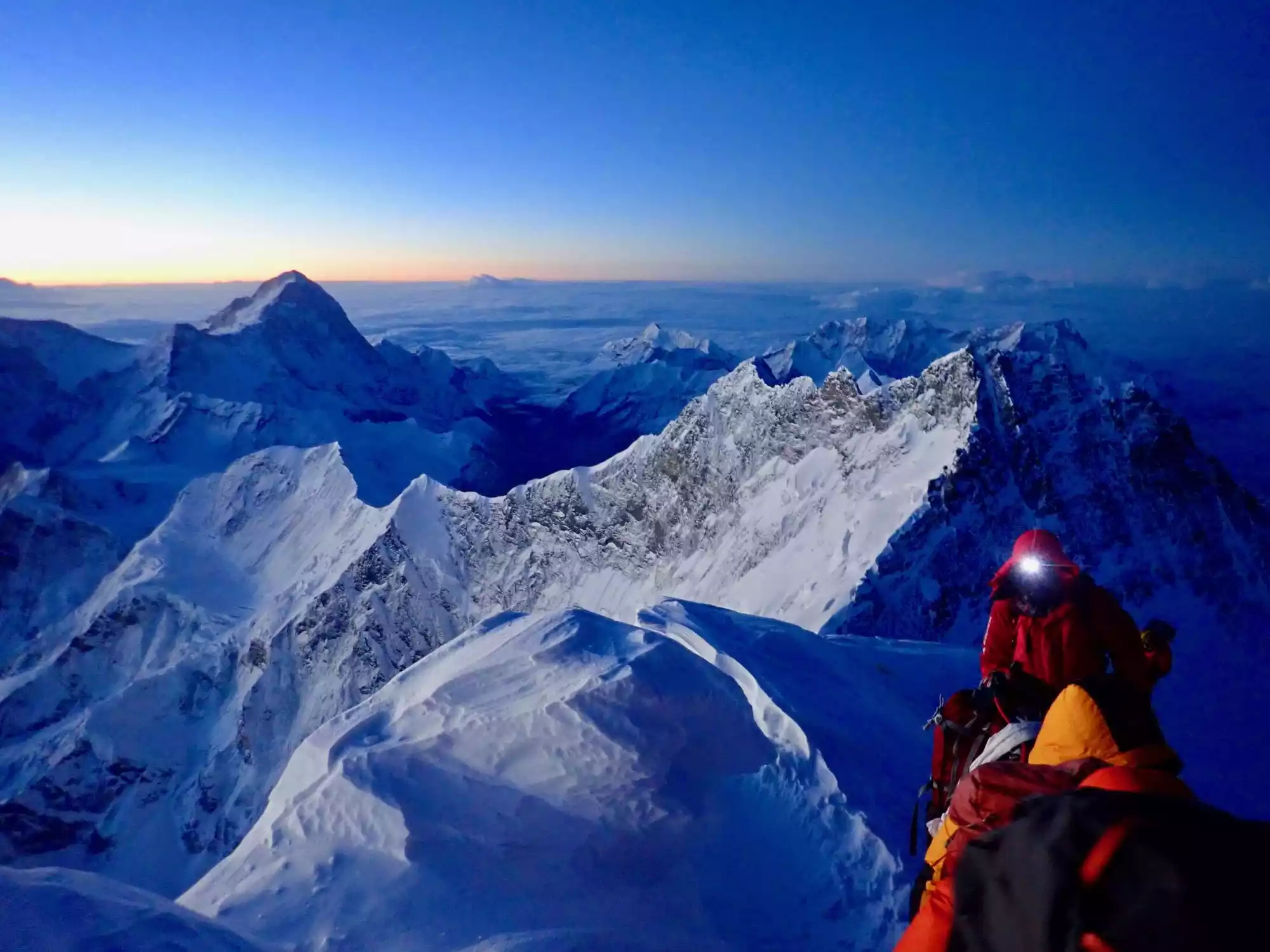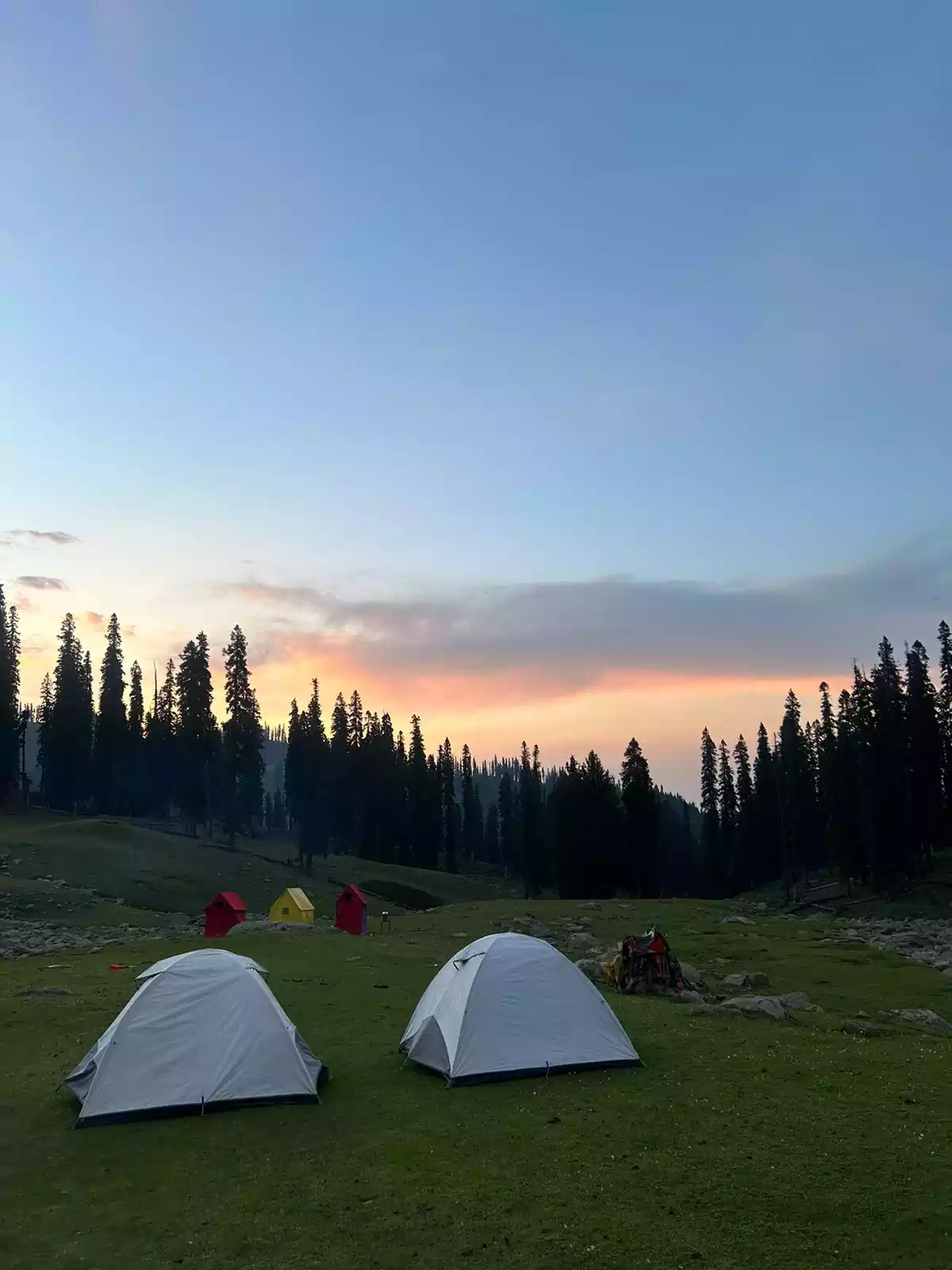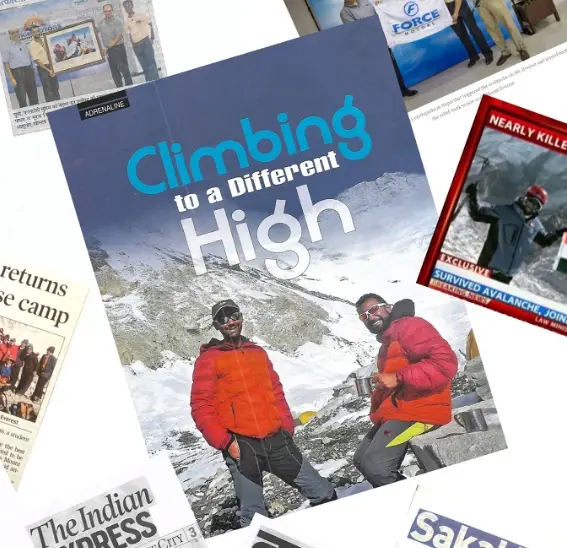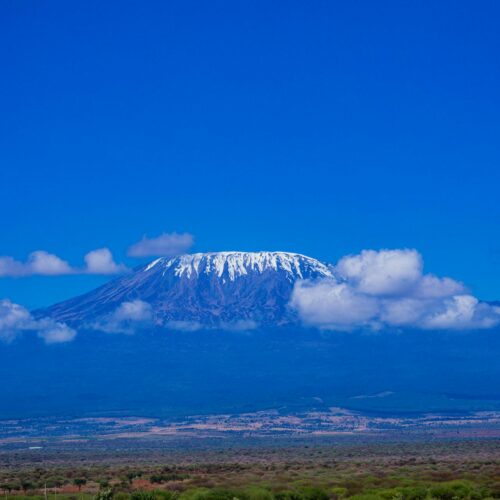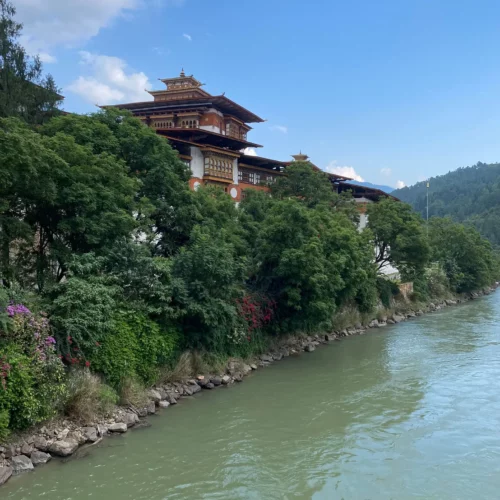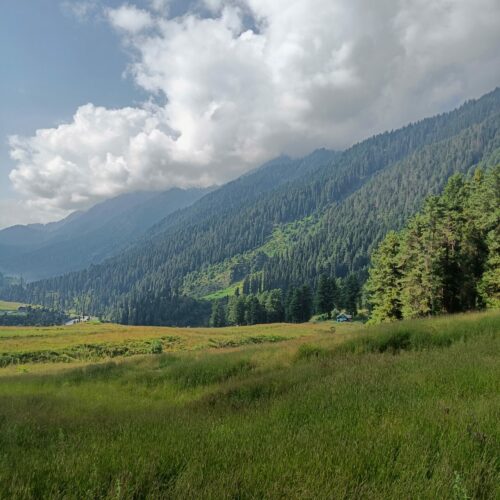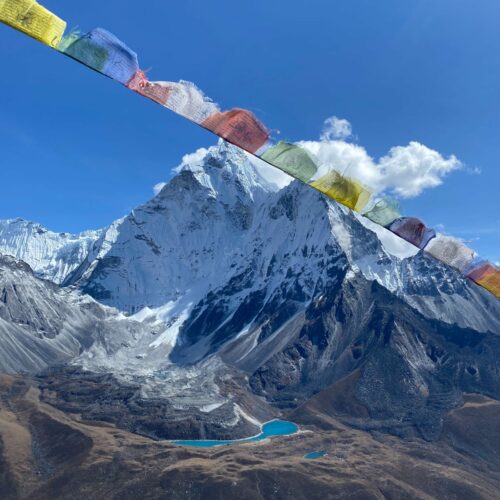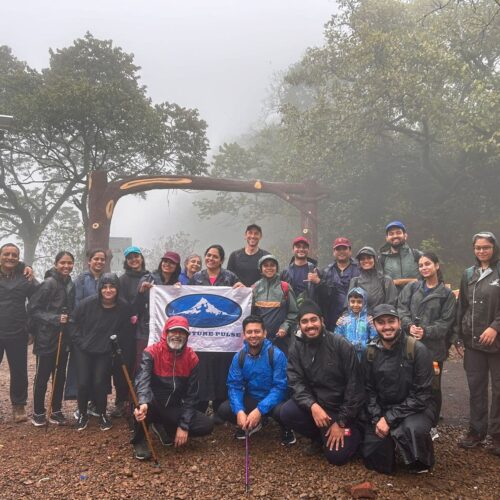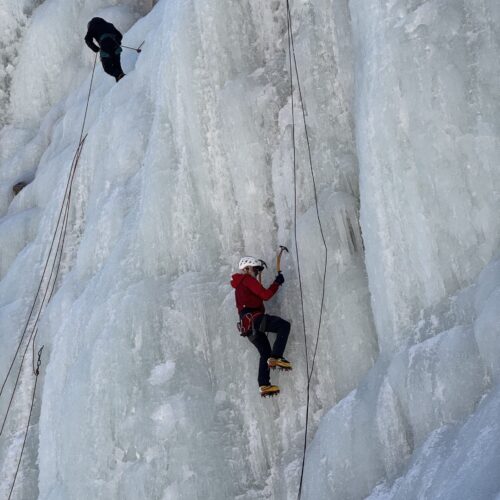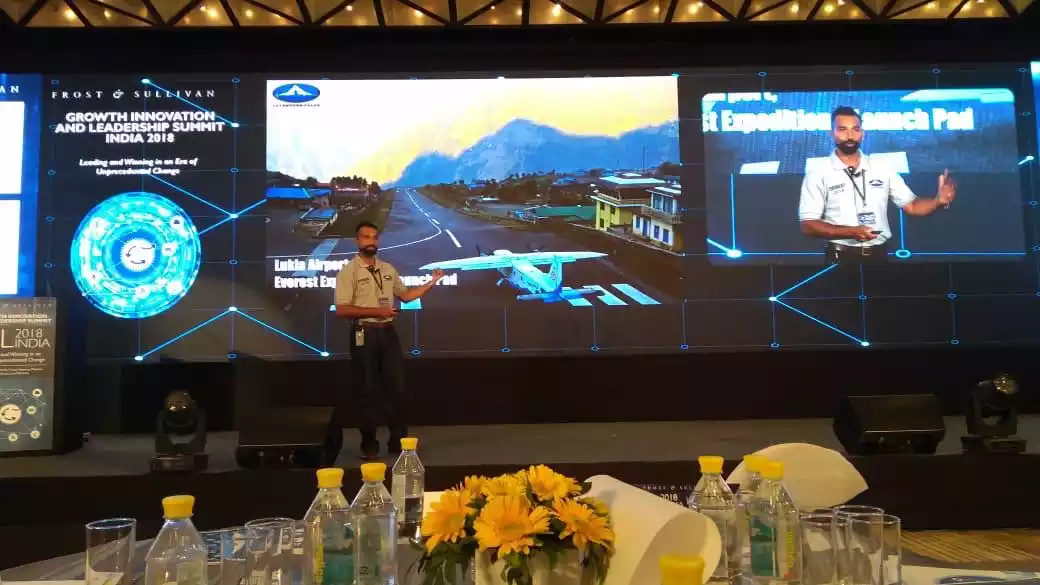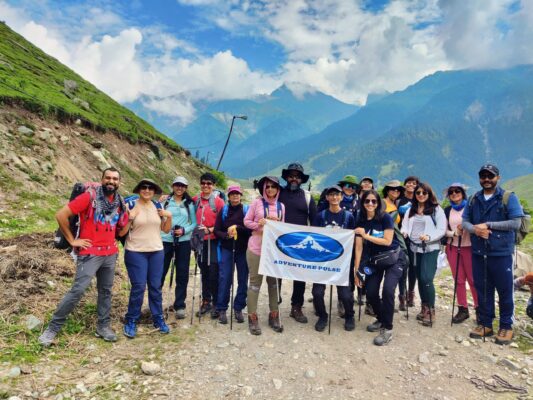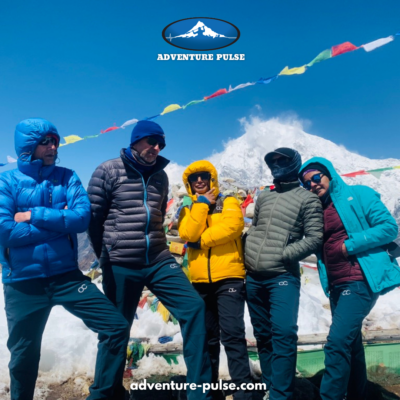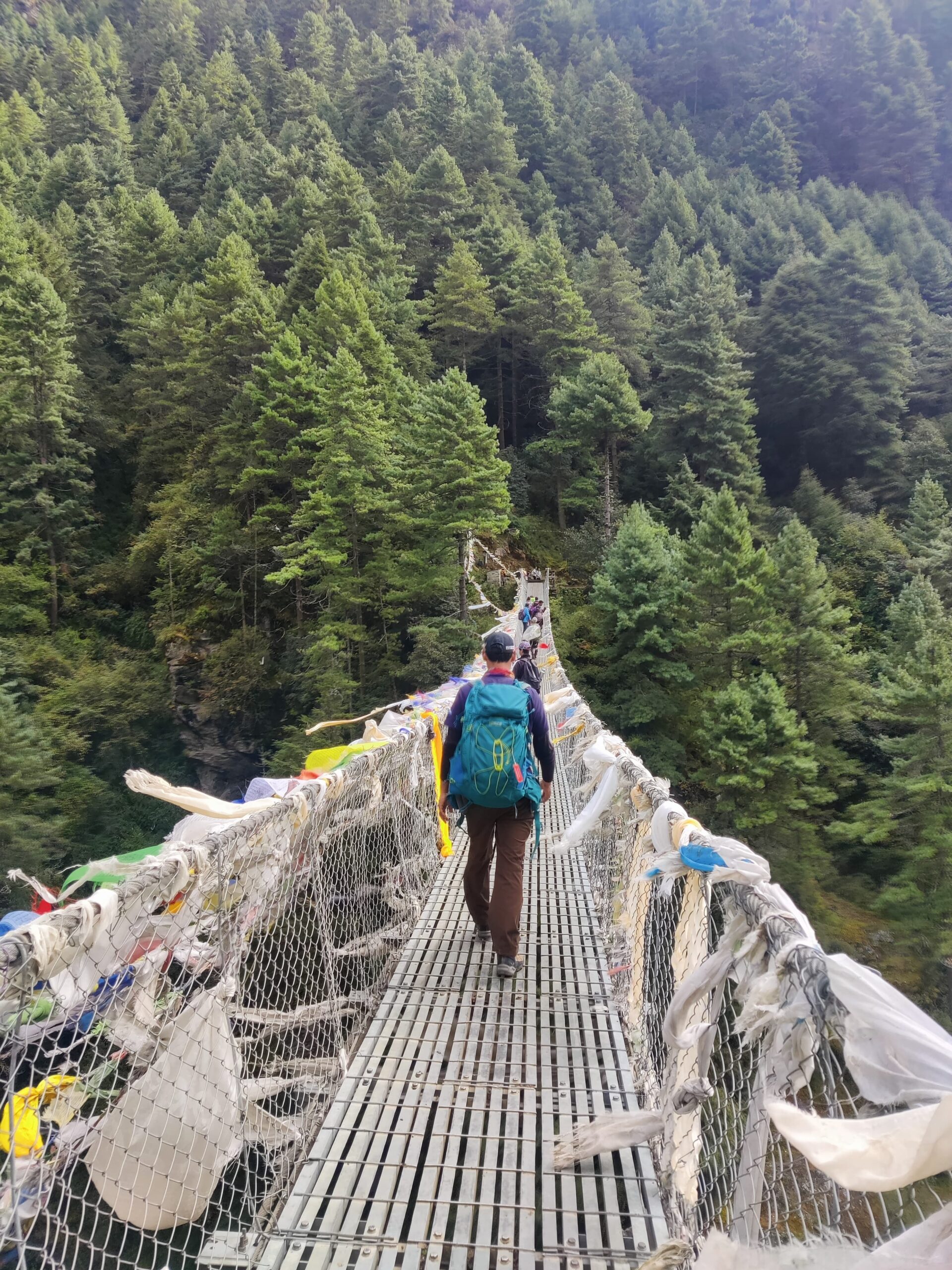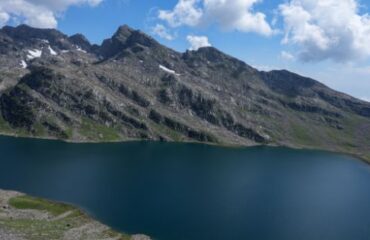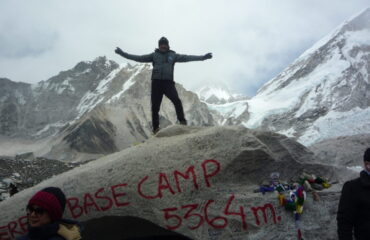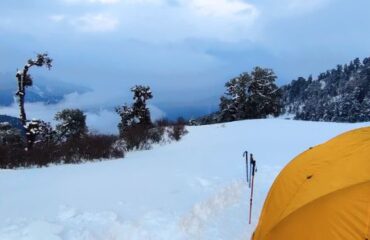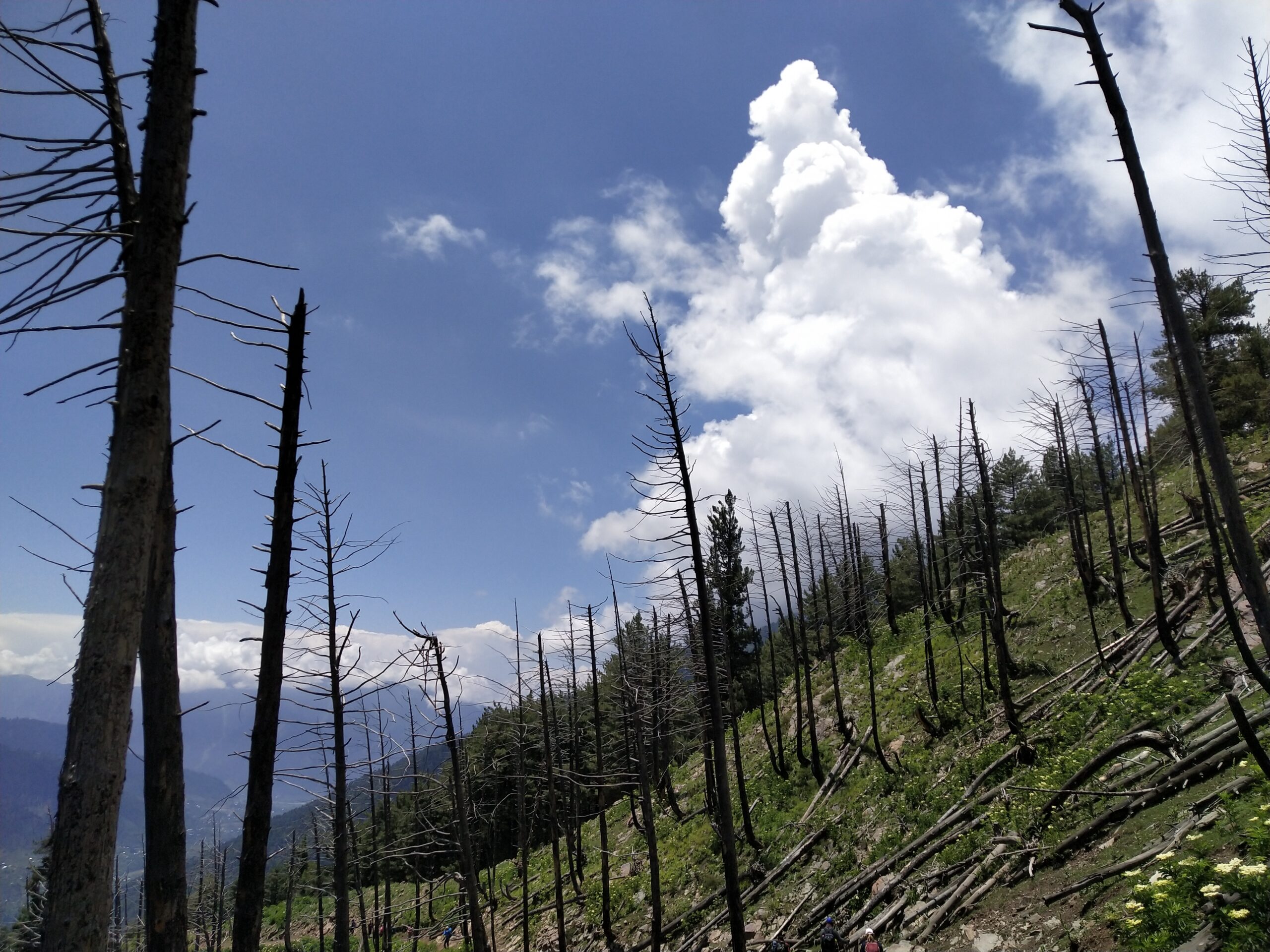
Kashmir also popularly referred to as ‘Jannat’ is one of the most popular tourist and trekking destinations. Its breathtaking views, picturesque mountains, vast meadows, and mesmerizing lakes are enough to leave one awestruck.
What is the first thing that comes to your mind when you hear about Kashmir? For me it’s the beauty that this place has to offer and the historical and national significance. Well, every coin has two sides and there’s another side to Kashmir Tourism which you would not find on Travel Blogs or Social Media Pages. The side which seldom gets talked about.
ENVIRONMENTAL DEGRADATION
Kashmir Great Lakes Trek is one of the popular treks in Kashmir. With a huge online promotion from trekkers and trekking organizations over the past decade, this trek has become extremely popular not just in India but also in other Asian countries leading to a hotspot for trekkers. This has led to an increase in the environmental impact causing litter to accumulate on the trails of the trek. Jammu & Kashmir has several lakes and streams. The disposal of waste in these water bodies has led to an environmental impact degrading the water bodies in the area. In a study by Srinagar’s Directorate of Environment, Ecology and Remote Sensing, Dal Lake is estimated to have shrunk by 2,547 hectares in 1971 to 1,620 hectares in 2008. Here’s a link to the entire article which speaks more about the Environmental Impact on the water bodies in Kashmir.
Also, it being a remote destination, it becomes difficult for the government to maintain the sanitization and cleanliness of the place. Therefore, making it the responsibility of the trekkers and tourists to take care of that.
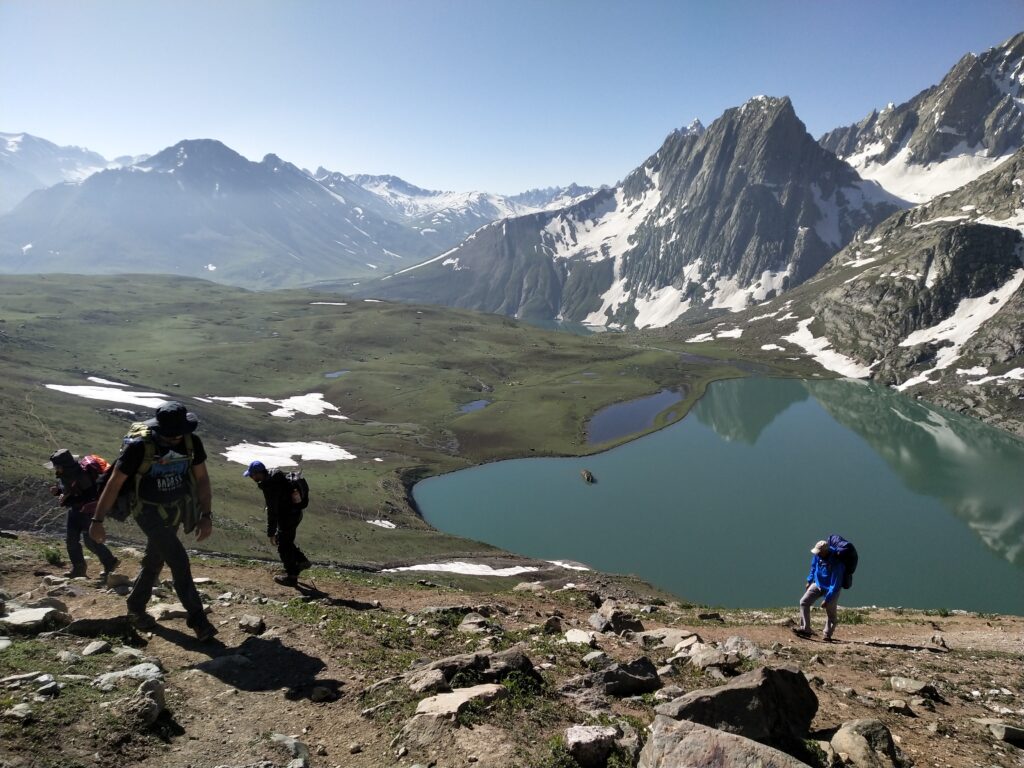
OFF SEASON
The peak season of Kashmir is from April to August and October to January. Majority of the income of the people living in Kashmir comes from Tourism. Be it shopkeepers, guides, drivers, farmers, etc all feed off from the tourists which are visiting the state. During off seasons the rates of the hotels, travels and treks drop down in turn reducing the income of the locals. Less tourists during off season which means less income making opportunities. One of the guides of Adventure Pulse who stays in Sonamarg said, “Last year in 2021 during off season, I would go and find construction or farming jobs to feed my kids and my wife”.
HOW CAN ONE BE A RESPONSIBLE TREKKER and CONTRIBUTE IN TURNING A NEGATIVE ENVIROMENTAL IMPACT INTO A POSITIVE ONE?
LET’S NOT BARGAIN
- The locals have to literally sustain on the money they would earn during a season throughout the off season as well. Also with tourism being their major source of income, the money generating opportunities tend to reduce during off seasons. We can avoid bargaining and allow them to earn their fair share of margins.
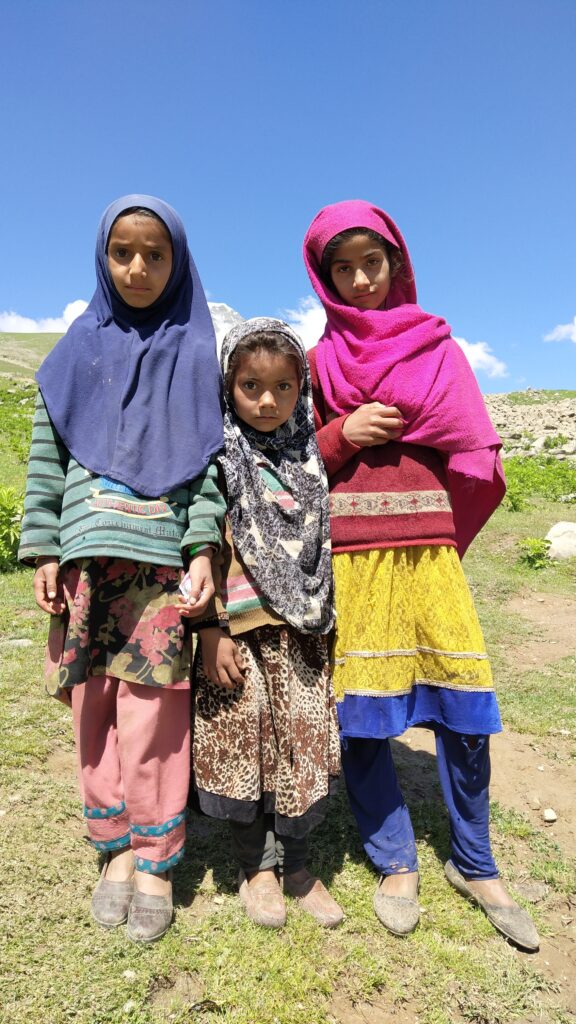
BBYT
- BBYT basically means BRING BACK YOUR TRASH wherein you can carry your own clean up drives on treks by getting your own garbage disposable bags and everytime you see litter on the trek, you just pick it up and dispose the bag to the next garbage disposable location. One needs to be mindful of the waste they generate. You can do that by avoiding carrying packaged items on a trek and instead carry your fruits and nuts in a tiffin. This leaves less scope for littering on a trek.
Let’s say one person brings back 1 Kg of trash along with them and if there are 5000 people trekking in a year we can reduce 5000 Kg worth of trash from the trek. This reduces the environmental impact and keeps the place clean, hence maintaining the beauty of the place which in turn will attract more tourists.
TIP WELL
- Tipping can be a major source of income for people working in the service industry. Guides, local vendors, usually earn daily wages and tipping them off well is something which is highly recommended. It’s recommended to tip 20-25% of the total amount. So make sure you carry extra cash with you because most of these people are not well versed with online payments.
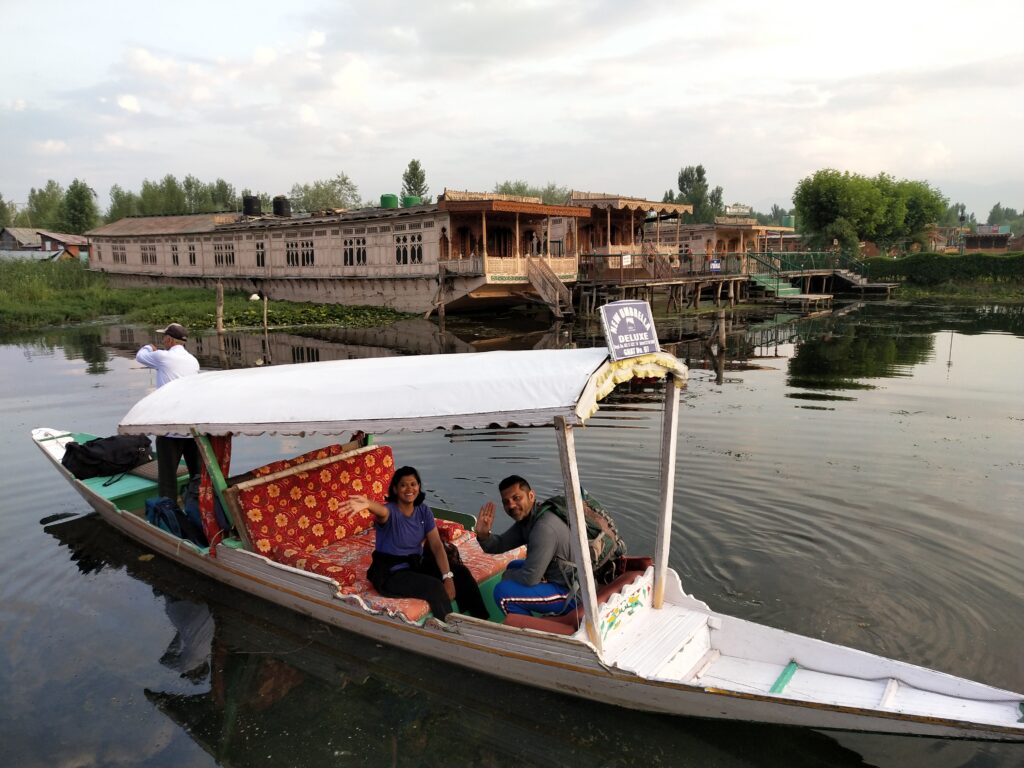
EDUCATE OTHERS
- If you have stumbled upon this article, chances are that you are a traveler or someone who is planning to travel. You may know people who trek, and travel and may have a close community of travelers. You can educate them about the environmental impact and how they can be more responsible and contribute to the local culture. You can also educate your trek mates while being on a trek.
RESPECT THE LOCALS
- The best gesture you can do is respect the local culture and the people. You can speak politely, offer them food, avoid going into restricted places. You can also make sure your porters are not stressing with too much weight and are eating and sleeping well as those are the real heroes on the trek. Make sure your respect the weight limit on the porters and the ponies and don’t overburden them with a lot of luggage.
PROTECT THE BIODIVERSITY
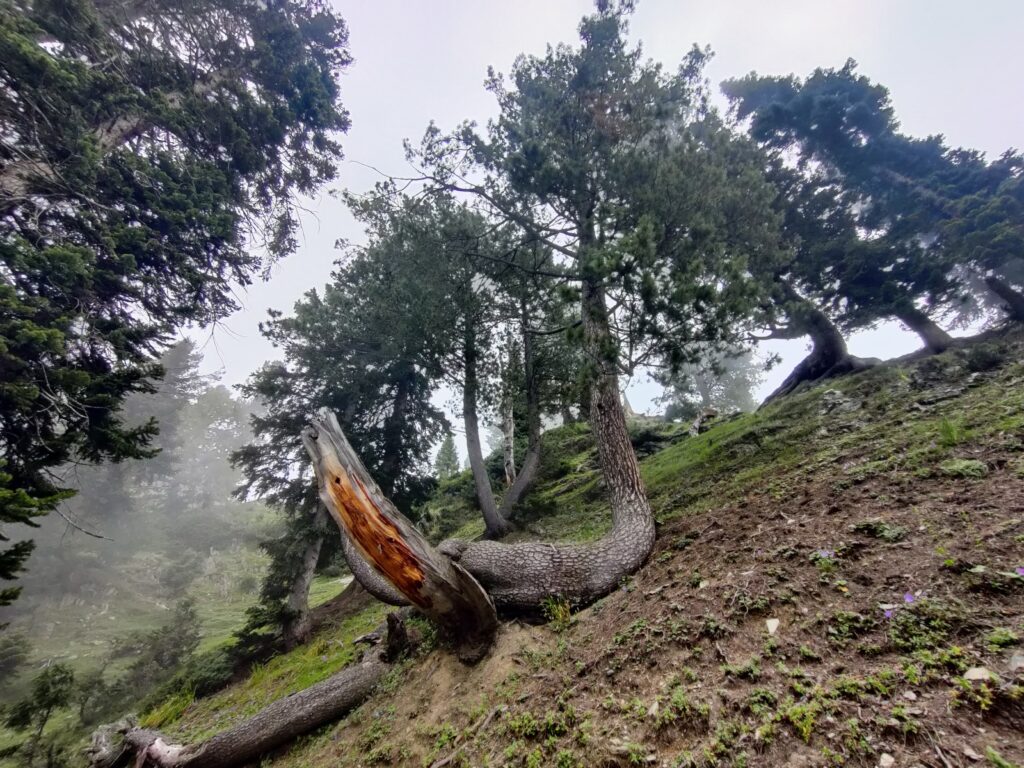
- Kashmir has a rich diversity of plant & animal life on which the people depend on their daily needs of food, medicine, fuel, fibre, etc. The rich plant life also contributes to the daily food and habitat needs of the wild animals. So it’s very important to not pollute the lakes, meadows, grasslands, glaciers and waterfalls and this may indirectly affect the flora and fauna of the place. Also, be kind towards the animals you come across on the treks.
KEEP TABS ON FIRE
- Forest fires in Kashmir happen during autumn, stretching from September to November. If the rainfall is much lower than usual, such dry spells increase the chances of wildfires in Kashmir. Hence, avoid lighting fire unless absolutely necessary. If you still have to light the fire, make sure you ring it with rocks so it doesn’t spread. Do not leave the fire burning all night as it may lead to a hazard. Make sure to extinguish the fire before going away because the smallest spark or smoke can cause a huge wildfire.
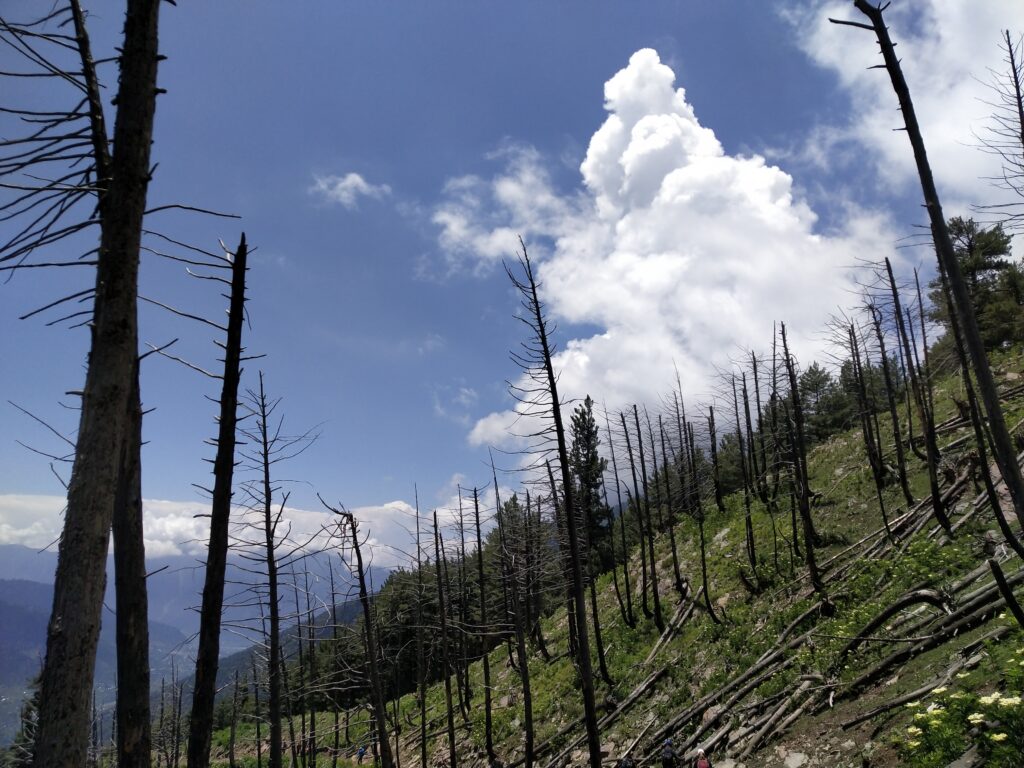
HUMAN WASTE MANAGEMENT
- Pit loos when properly built and maintained can decrease the spread of disease by reducing the amount of human feces in the environment from open defecation. Pit loos should typically have a depth of 1.5 meters. If you are using a pit loo make sure you cover it up with mud before leaving the campsite. Also make sure your pit is 50-60 meters away from a water body. Segregation
Every drop makes the ocean! Little efforts on individual levels can go a long way in preserving the beauty of paradise. It is important that people who love exploring the mountains undertake measures at individual as well as organisational levels to educate, promote and propagate environmental and ecological sustainability. In simple words, if you love venturing into the outdoors, you also need to venture and take responsibility in preserving the same!

